Master of Science in Soil Science
2024-03-22 8:26Master of Science in Soil Science
Master of Science
in Soil Science
Course Duration : 2 Years
About this Course
Welcome to M.Sc. Soil Science program, where we explore the fascinating world beneath our feet. Our program is designed to equip students with advanced knowledge and skills in soil science , empowering them to tackle pressing environment challenges.
Through a blend of theoretical learning and practical application, students delve into soil physics, chemistry, and microbiology. They learn to analyze soil composition, assess fertility, and develop sustainable management practices essential for maintaining healthy ecosystems and maximizing agricultural productivity.
Some of the Popular Career Paths Include
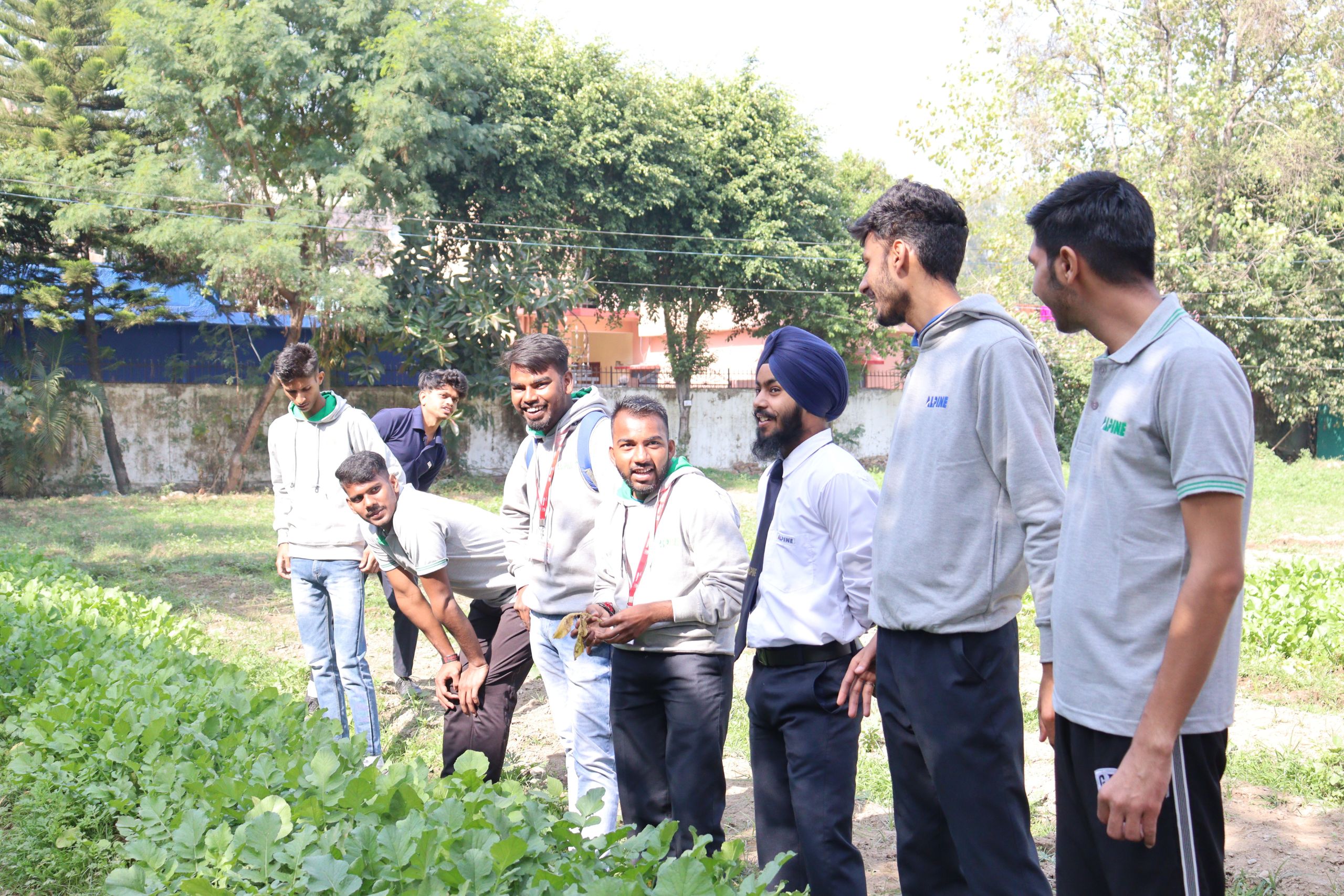
Life of a
Student in Soil Science
Delve into the foundational aspects of pharmaceutical crop growth. In this Master's program, you'll understand how soil composition and quality impact the cultivation of plants for medicinal purposes, contributing to sustainable pharmaceutical practices. Your journey involves becoming an expert in the intricate relationship between soil science and pharmaceuticals.
Download Brochure
Our Proud Alumni

Animesh Banerjee

Jameson

Mritunjay Chaudhary

Lakshmi S. Nath

Pasan Pavan Kalyan

Rahul Jaiswal

Shivam Kumar

Yadhika Ghatani

Praveen Kumar Thakur

Shaswat Deep

Ritik Kumar
Photo Library
Crafting careers, fueling dreams. Where learning meets adventure, everyday.





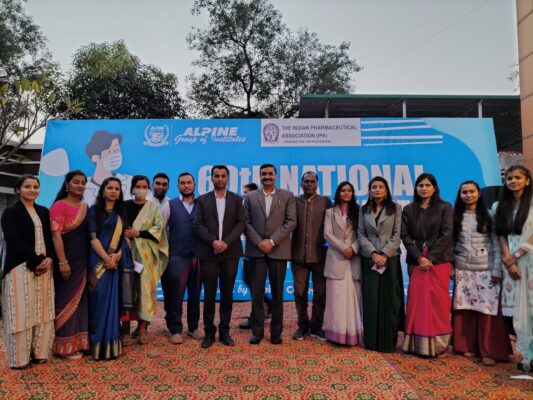
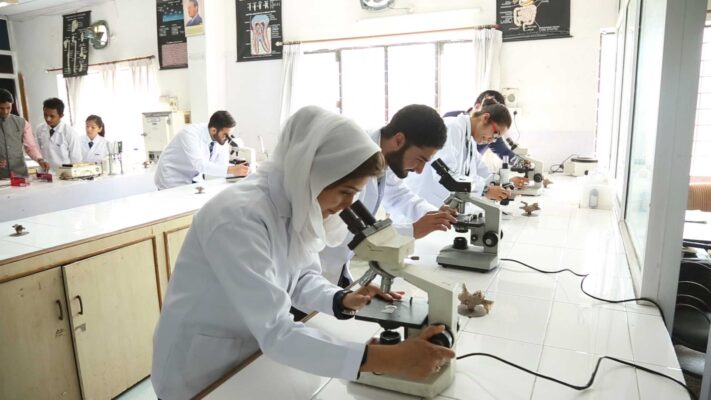





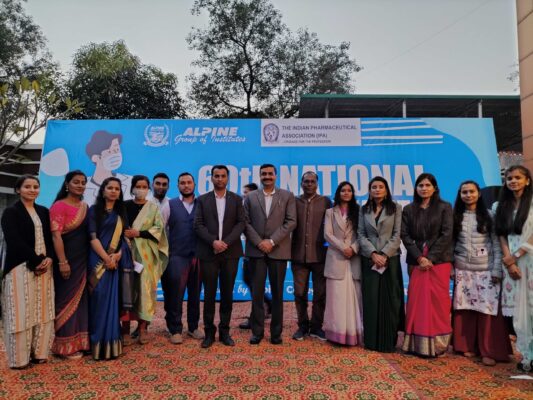

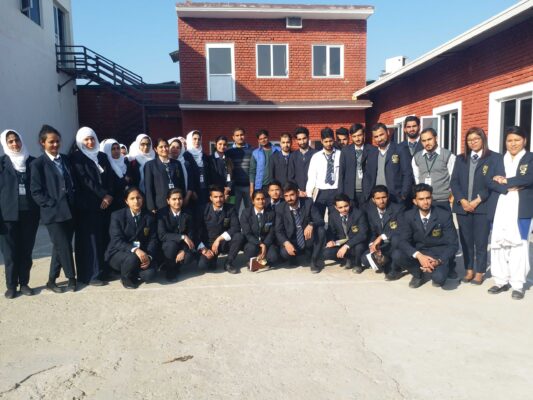















Frequently Asked Questions
Earning a Master in Soil Science can open up diverse career opportunities in various sectors related to agriculture, environmental science, natural resource management, research, and education. The main career prospects for individuals with a M.Sc. degree in Soil Science are Soil Scientist, Agronomist, Environmental Consultant, Land Conservation Specialist, Crop Scientist, Natural Resource Manager Extension Specialist, Educator/Researcher, Soil Conservationist, GIS Specialist etc.
It provides graduates with the knowledge and skills to pursue rewarding careers in various sectors related to agriculture, environmental science, and natural resource management. The demand for professionals with expertise in soil science is expected to remain strong as concerns about food security, environmental sustainability, and land management continue to grow.
Earning a Master in Soil Science can provide numerous benefits, both professionally and personally. Here are some of the advantages you can expect:
Expertise in Soil Management: A master’s degree in soil science equips you with advanced knowledge and expertise in soil properties, classification, fertility, and management practices.
Career Opportunities: Soil science Post-graduates can work in diverse fields such as agriculture, environmental consulting, land management, forestry, urban planning etc.
Research Opportunities: M.Sc. Soil Science program provides you with valuable research experience and skills in experimental design, data analysis, and scientific writing, which are highly transferable to other fields.
Environmental Stewardship: Soil scientists play a crucial role in environmental stewardship by studying soil processes, assessing soil quality, and developing strategies for sustainable land management and conservation.
Impact on Agriculture: A Masters degree in Soil science can make significant contributions to agriculture by helping farmers improve soil fertility, optimize nutrient management, increase crop yields, and minimize environmental impacts..
Personal and professional Fulfillment: It allows you to deepen your understanding of a subject you’re passionate about and contribute to addressing pressing environmental and agricultural challenges.
Bachelor’s Degree: Typically, applicants are required to have a bachelor’s degree in a related field such as Soil Science, Agronomy or closely related discipline. Some programs may accept applicants with degrees in other relevant fields but might require them to take additional prerequisite courses.
Academic Background: Usually required, with a minimum GPA (Grade Point Average) requirement set by the institution. This GPA threshold may vary depending on the competitiveness of the program.
A Master in Soil Science program typically covers the various areas:-
Soil Physics: This area focuses on the physical properties of soil, including soil texture, structure, porosity, density, and water retention.
Soil Chemistry: Students learn about nutrient cycling, soil fertility management, and the effects of soil chemistry on plant growth.
Soil Biology: Students learn about soil microbial communities, nutrient cycling processes, symbiotic relationships between plants and microorganisms, and the role of soil biota in soil health and fertility.
Soil Classification and Mapping: Students learn about soil classification systems and methods for characterizing and mapping soils based on their physical, chemical, and biological properties.
Soil Conservation and Management: Students study erosion control techniques, conservation tillage practices, cover cropping, windbreaks, and other strategies for sustainable soil management.
Advanced Research Methods: Students learn how to design and conduct experiments, collect and analyze data, and communicate their findings effectively through scientific writing and presentations.




